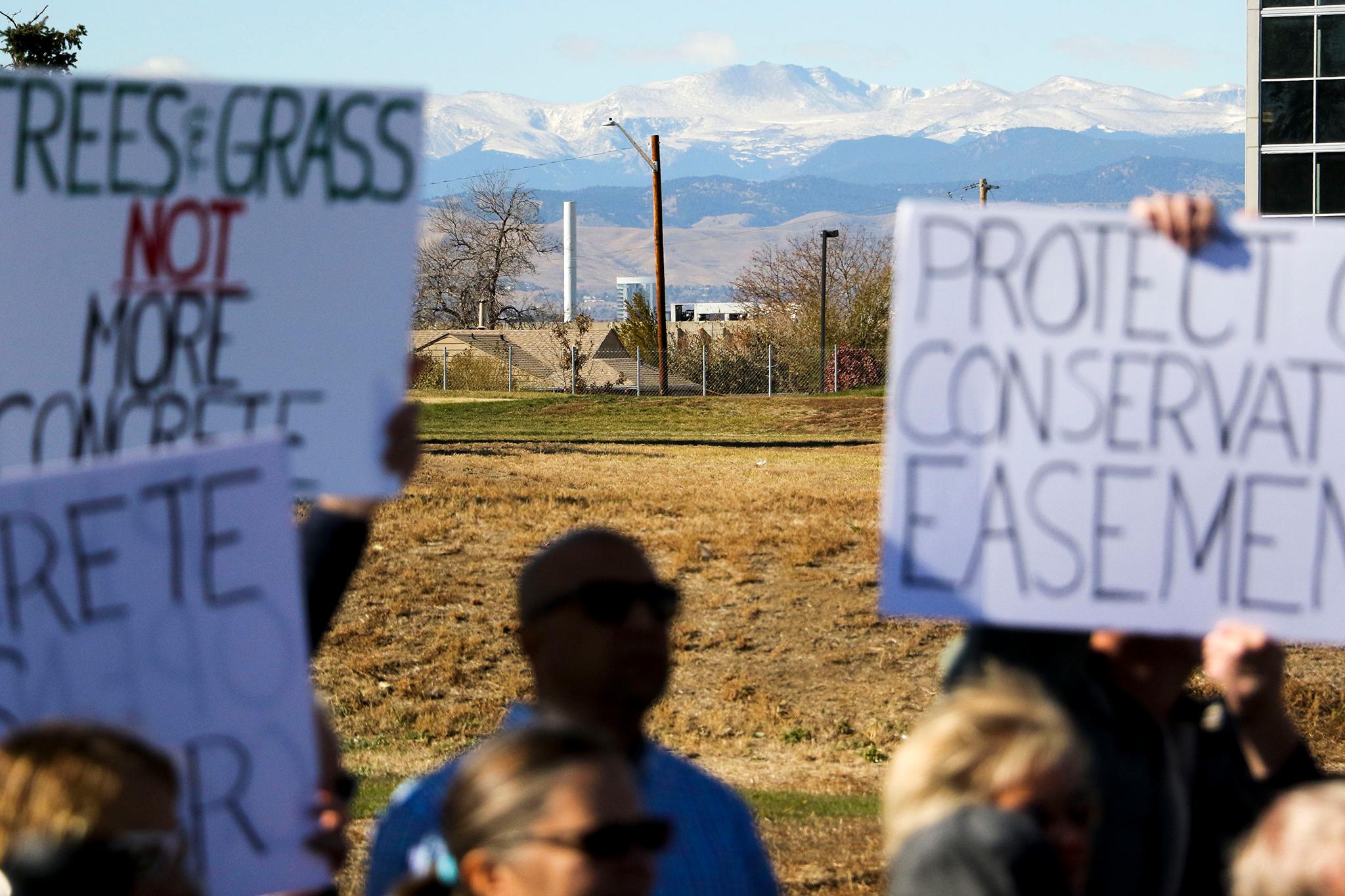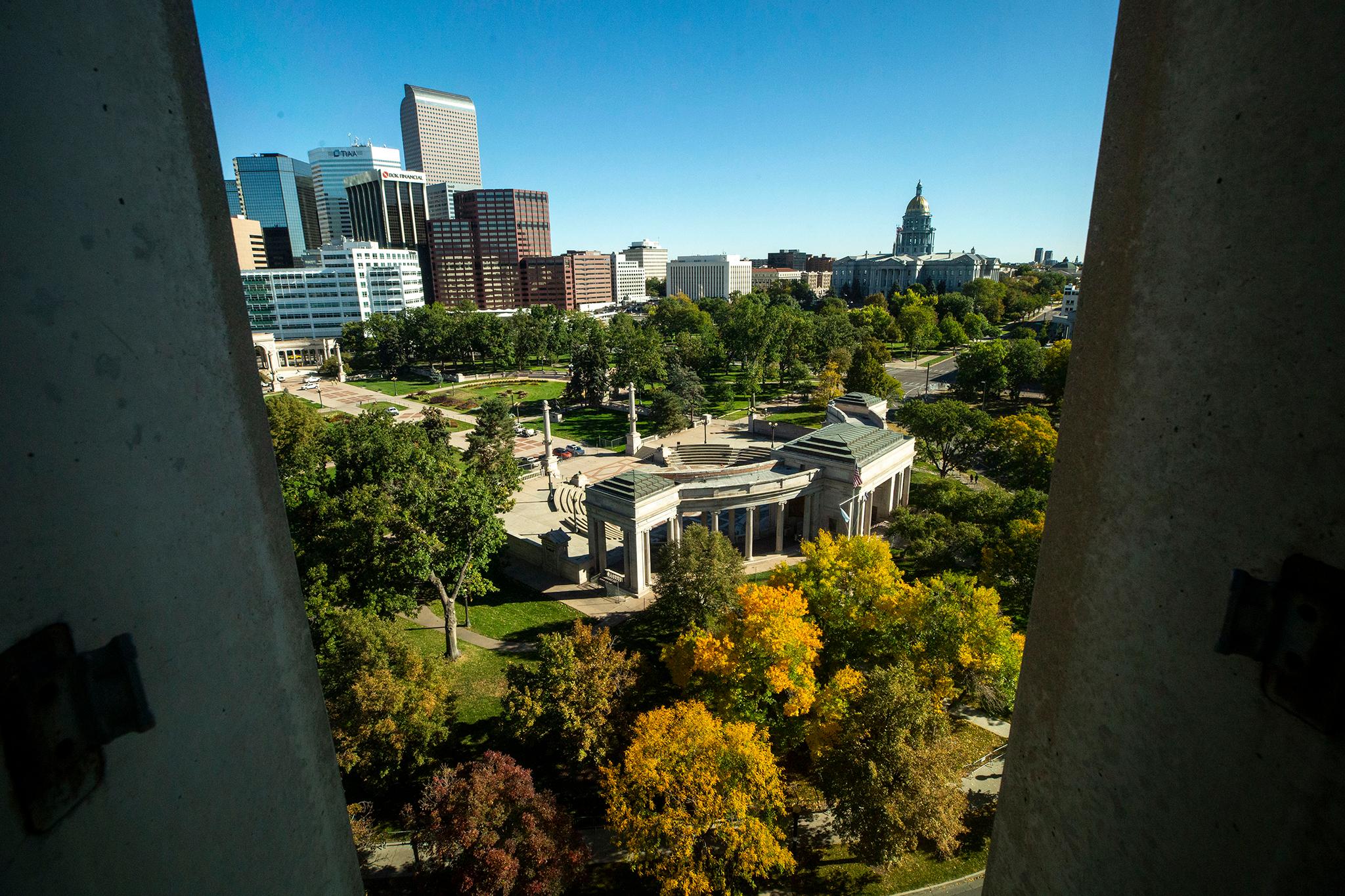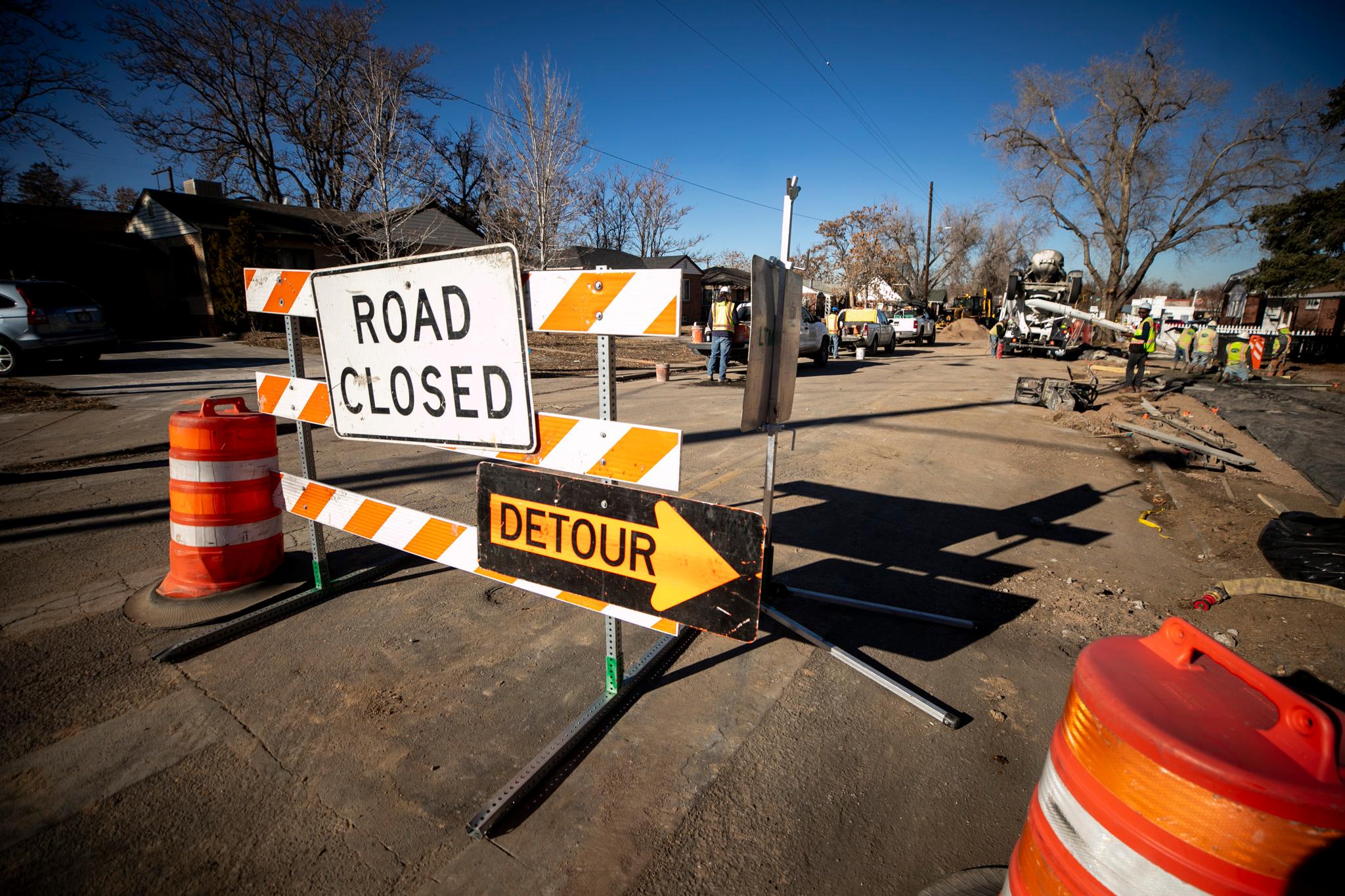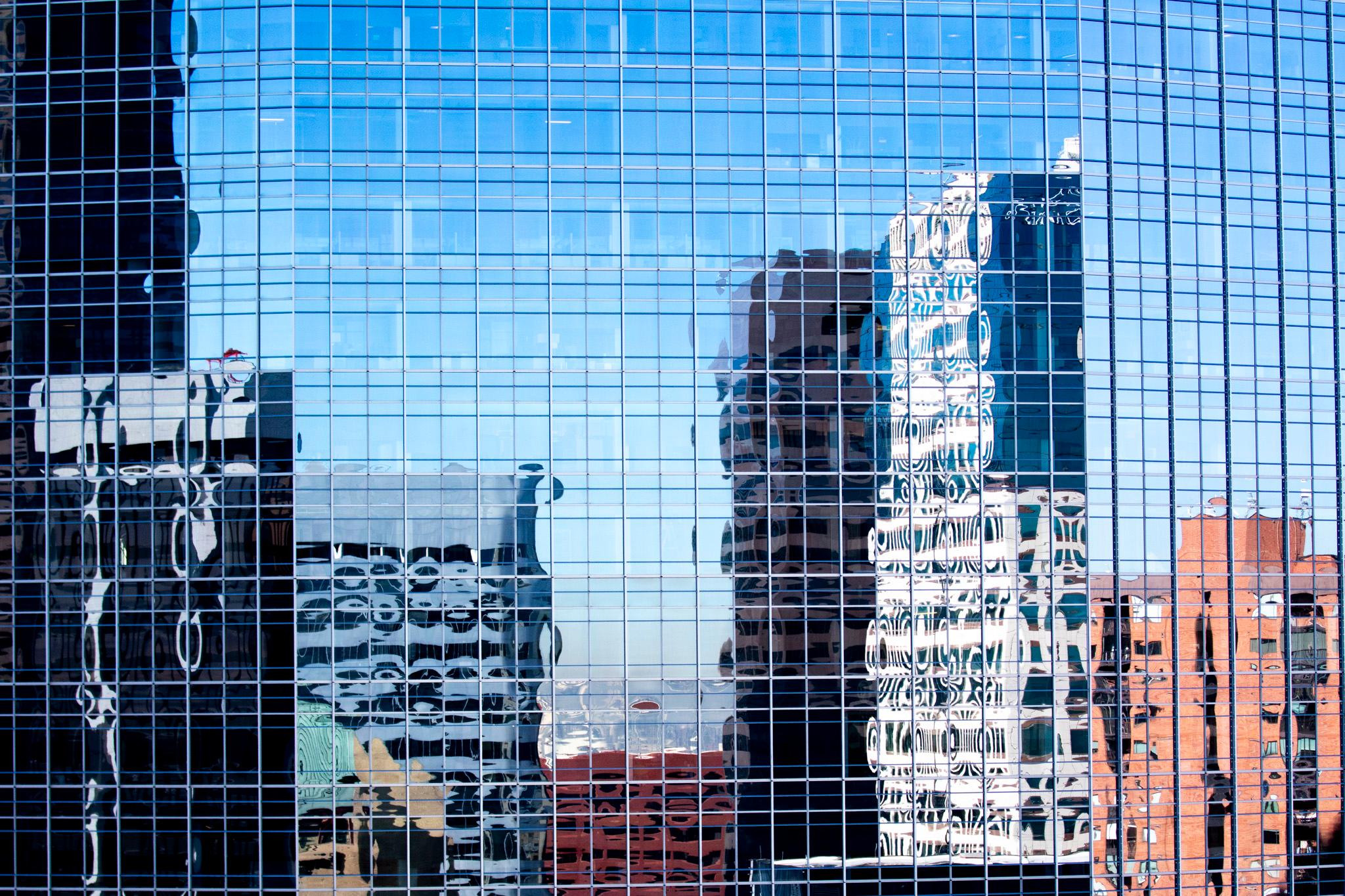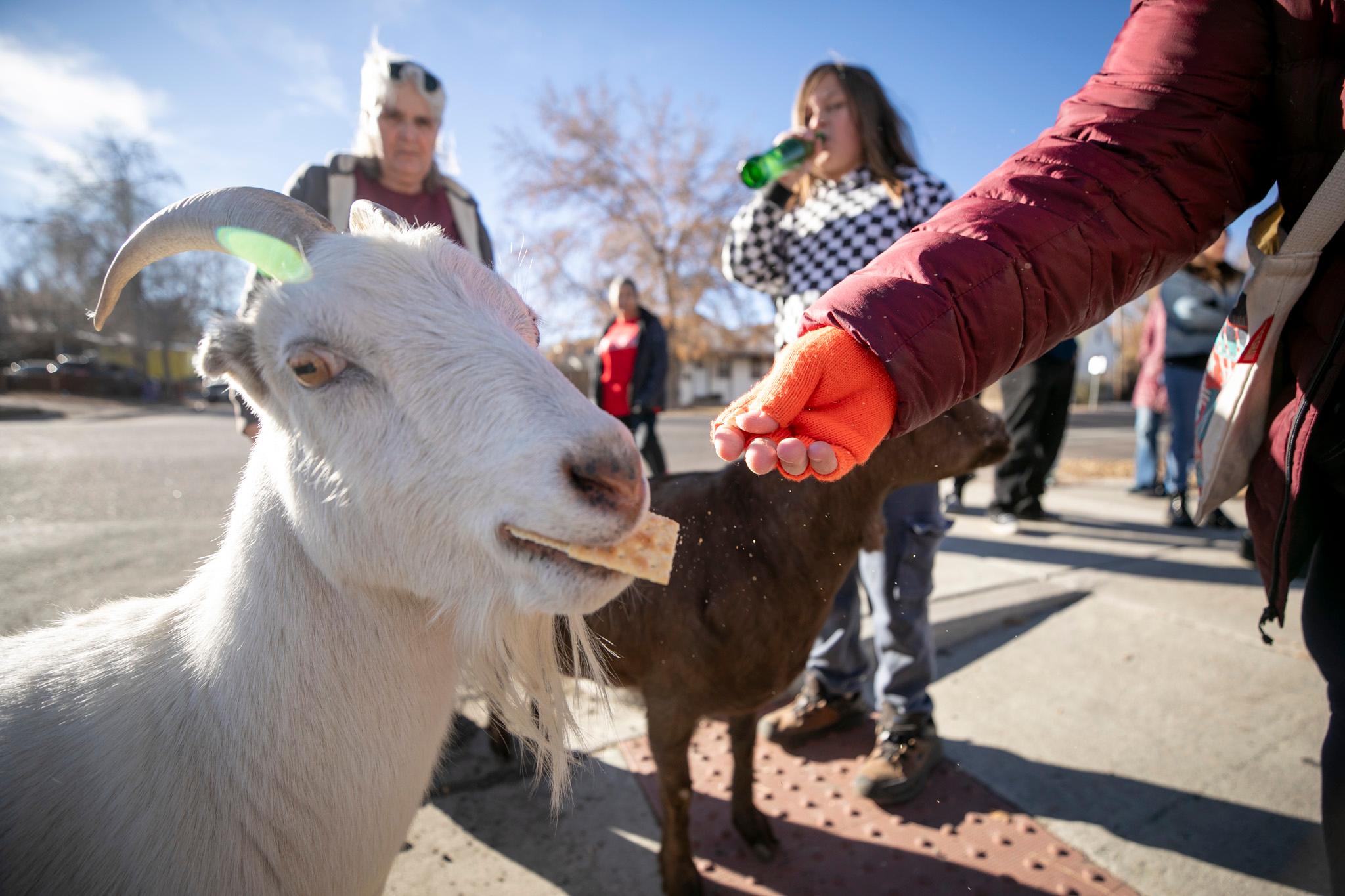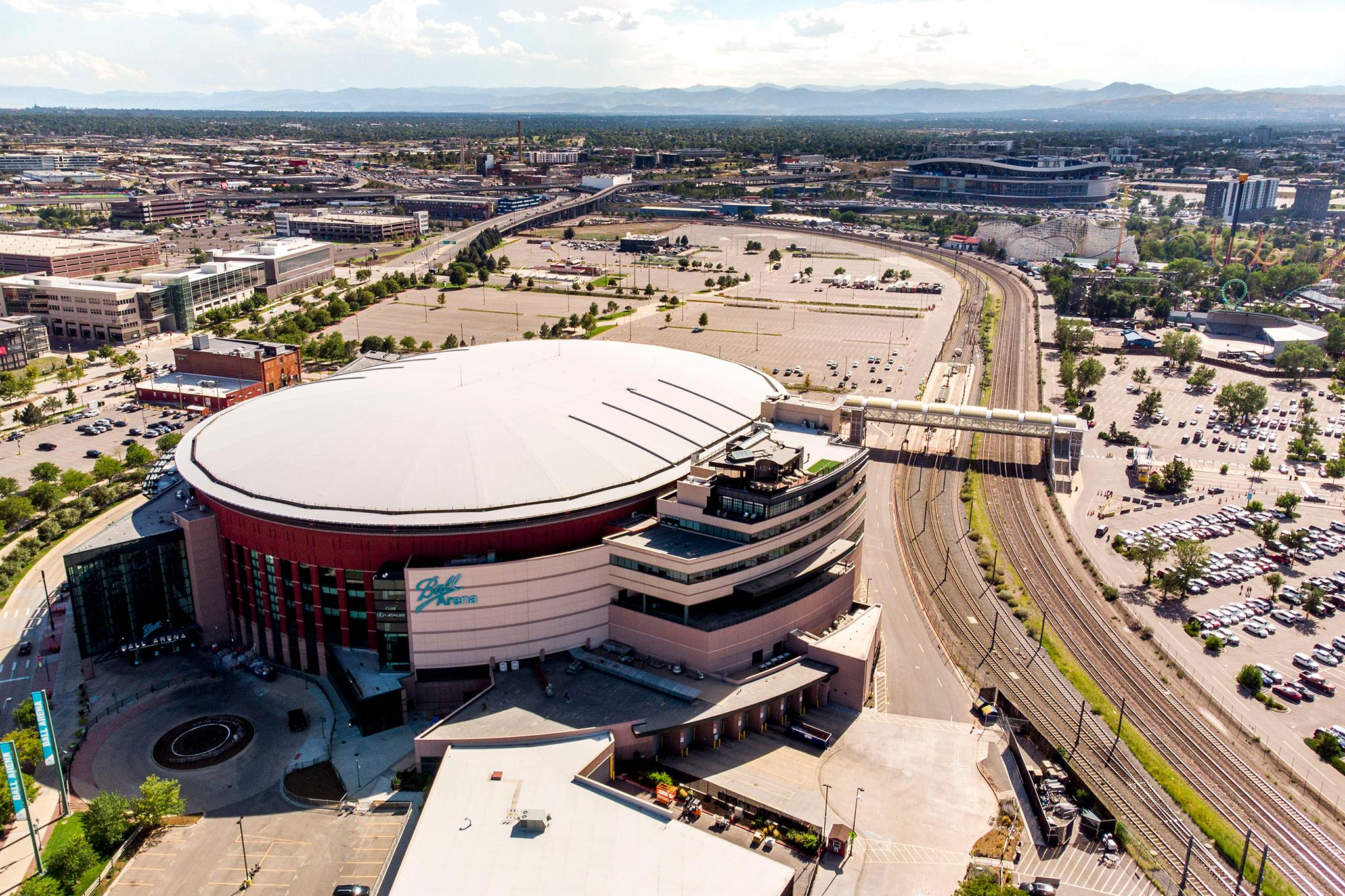The group tasked with shaping the future of a rare undeveloped tract of land in northeast Denver began its work Wednesday, two days after a local group reiterated its opposition to any building on the site, once home to the Park Hill Golf Club.
Most people involved in the debate so far suggest two futures for the deserted 155-acre golf course: a new district of homes, businesses, community centers and parks accessible to transit via the nearby 40th and Colorado RTD station, or some sort of open space in a city looking to increase greenery. Technically, everything is on the table, including another golf course, according to the city's planning department.
"We know there are already many strong opinions in the community about this plan now that the golf course is closed, and I think it's really important to iterate that everything is on the table and available to be discussed," said Laura Aldrete, director of Denver Community Planning and Development.
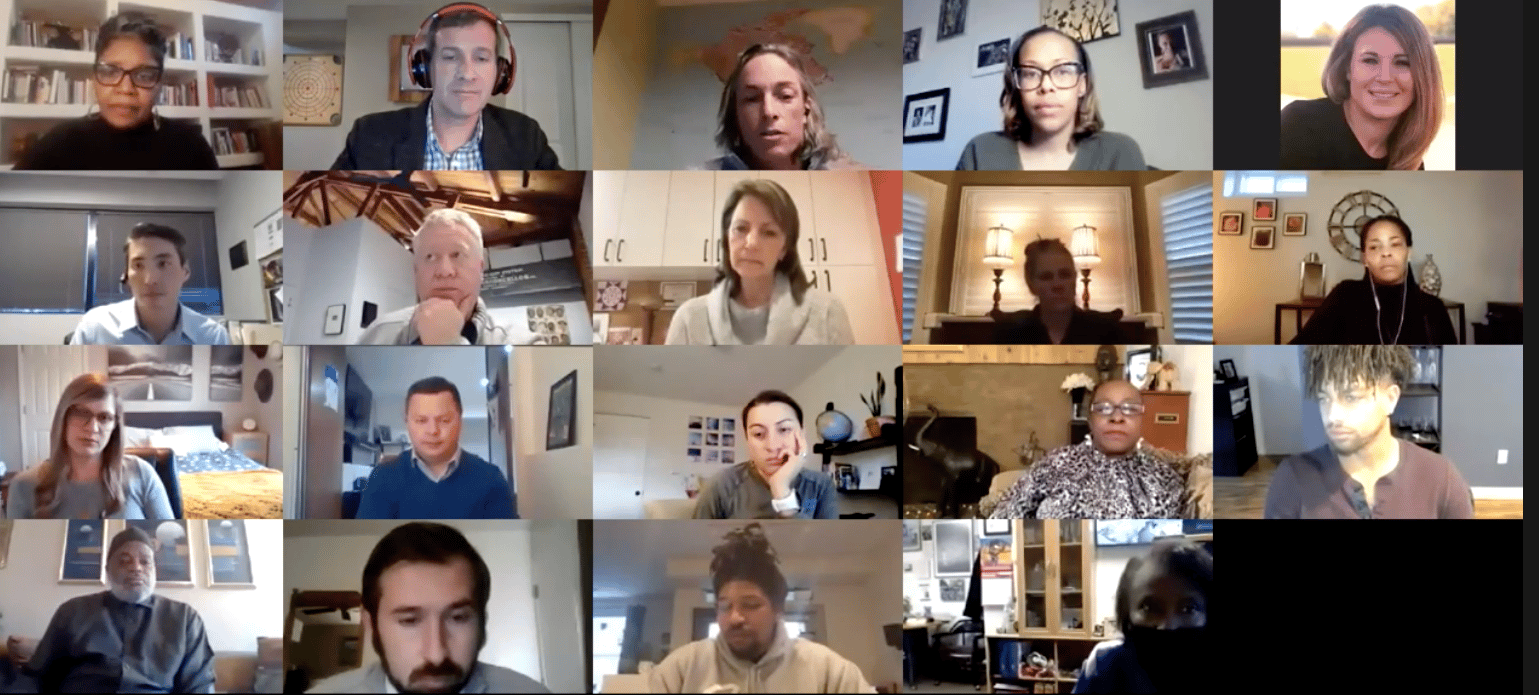
Aldrete said the planning department was "leading from the side" and would honor whatever the project's steering committee recommended after conversing with Northeast Park Hill locals over several months. But the land is not public; Westside Development Partners, a private company, has owned it since 2019. Taxpayers gave the company $6 million to settle a lawsuit thereafter, which disentangled the city from a legal mess and gave locals some say in how its future.
Wednesday's first meeting of the steering committee focused solely on the process -- how "the community," as several people phrased it, would arrive at its preferred vision for the large field. Twenty-seven people of various ages and of diverse racial and economic backgrounds are tasked with gathering feedback from the locals in the area and coming up with a vision for the land's future.
"There should be some balance," said Abdur-Rahim Ali, an imam at Northeast Denver Islamic Center, a mosque and community hub near the former golf course. "And unfortunately, in Northeast Park Hill, there's becoming an imbalance, and we want to correct that imbalance and make sure that there is true equity."
The public meeting was moderated by Dr. Nita Mosby-Tyler, a consultant with The Equity Project. Funded by the planning department and the Denver Foundation, Mosby-Tyler aimed to infuse racial equity -- the lifting of people who have historically been marginalized by local and national systems -- into the decision-making process. Park Hill, which was once a majority Black neighborhood, is now majority white. (Editor's note: Denverite and CPR are contracting with the Equity Project for equity work within our organization.)
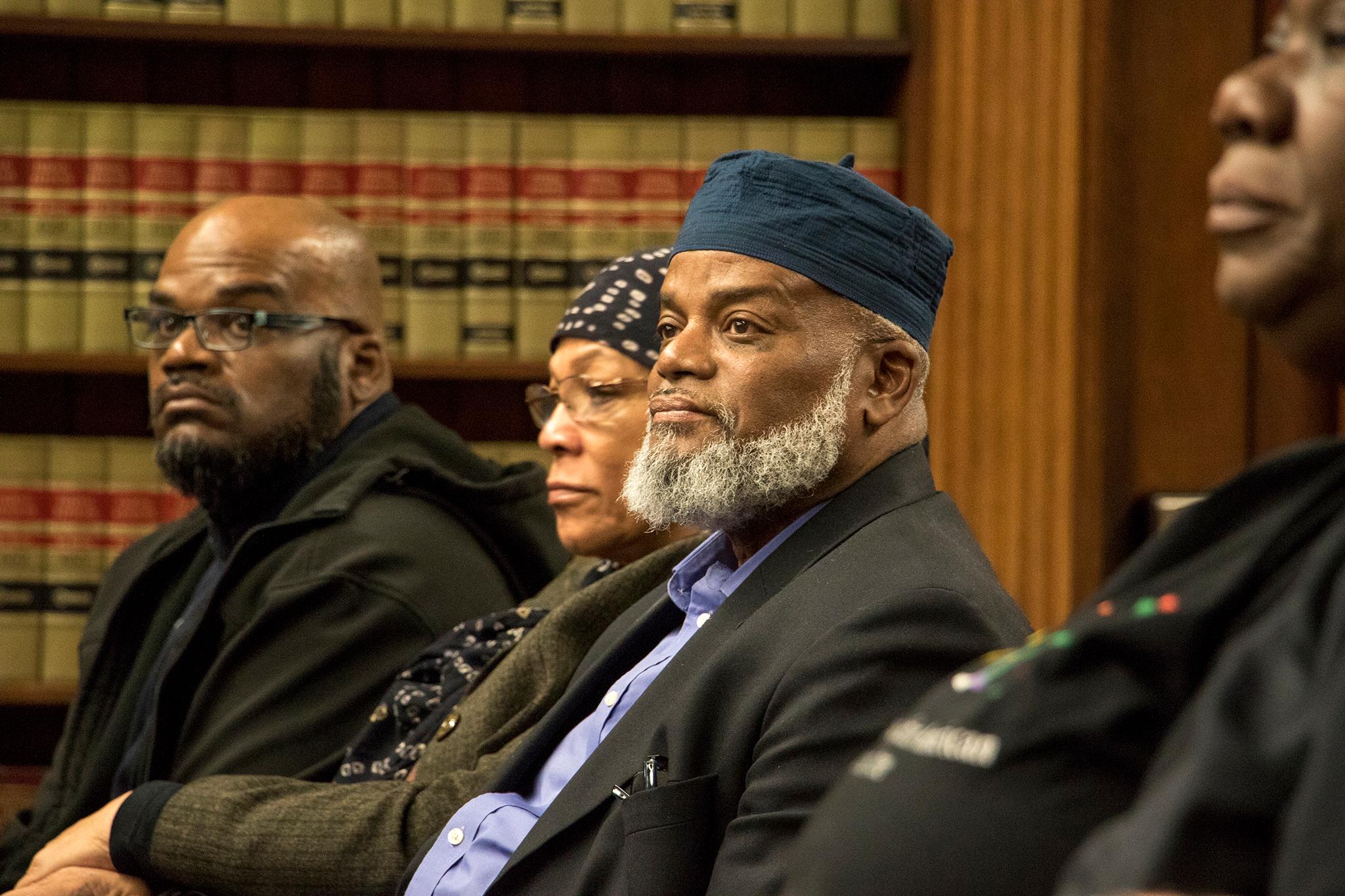
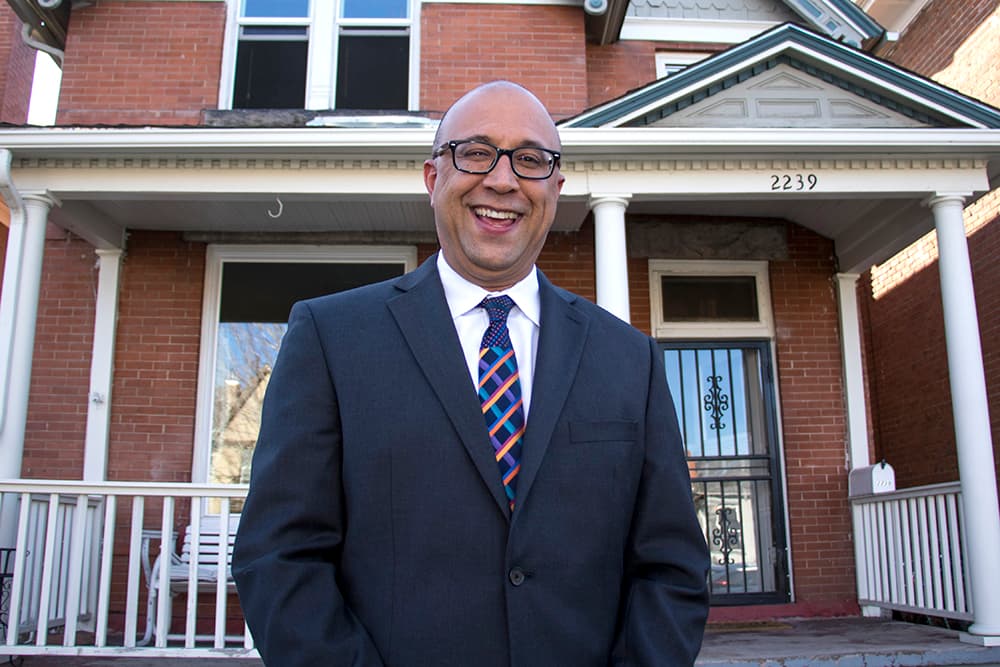
Tony Pigford, a north Denver activist and part of Save Open Space Denver, a group formed to oppose the site's development, questioned the makeup of the steering committee. He said the deserted golf course is "a real estate asset owned by the entire city, paid for by all Denver taxpayers, and the steering committee improperly fails to include interested stakeholders from throughout our city."
Councilman Chris Herndon, who represents the district, has said the people who live and work around the site should decide its future.
Members of Save Open Space Denver, a group interested in preserving the vast field solely as open space, doesn't see any room for homes or businesses on the site.
The group's members are committed to keeping the grass and trees and say that more places for living, working and commerce won't just hurt the city's dwindling stock of permeable land, but will fuel displacement of nearby residents by raising the area's cost of living. (By the laws of supply and demand, more new homes should help drive down the cost of existing homes, but so far, Denver hasn't been able to build its way out of the affordability crisis because of additional factors.)
"A forward-thinking city develops untouched open space as a last option," Pigford said. "There's plenty of underutilized property in the surrounding area."
Denver has fewer than 9 acres of parks per 1,000 residents, which is below the national average of 13, according to Denver Parks and Recreation. Westside has verbally committed to a minimum of 60 acres of park space if and when it develops the site. The golf course site could include affordable housing and other community benefits to make the neighborhood inclusive, Kenneth Ho, a principal at Westside, has told Denverite.
People against developing the site say the law is on their side, but the city says nothing can or will be built until Denver City Council acts.
The land deed includes a conservation easement -- a stipulation that the site remains a golf course, according to the city government. Denver City Council could amend the terms of the easement and rezone the site, but would do so only after the public process is over.
During a press conference Monday, SOS Denver members suggested that the easement means the city and Westside must get a court order to develop the land.
"Any judicial action will depend upon the outcome of the public process and definitive action by City Council," Mike Strott, a spokesperson for Mayor Michael Hancock's office, said in an email to Denverite.
To participate in the city's planning process for the Park Hill golf course area, visit the city's website.
This article was corrected to reflect the fact that the city did not broker the land sale with Westside, but paid the company in a lawsuit afterward.

